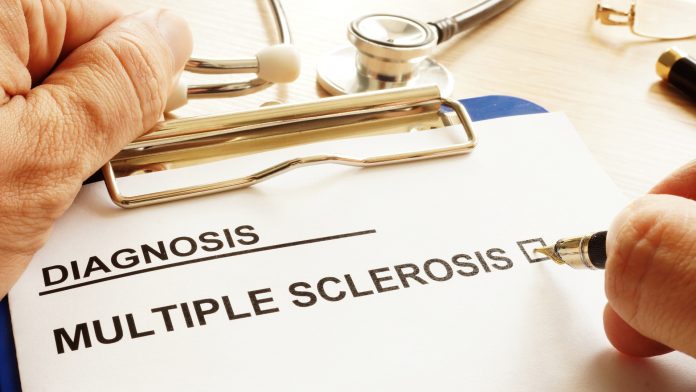
A team of researchers from the Mayo Clinic has developed a cutting-edge antibody test for multiple sclerosis (MS) that achieves accurate results in around 20 minutes.
The novel test for MS marks a significant advancement in technologies used to diagnose the condition, as traditional diagnostics can take many hours and are labour-intensive. This innovation could change the lives of millions globally, with estimates showing that around one million people are affected by MS in the US alone.
The team’s research was partly funded by Mayo Clinic’s Department of Laboratory Medicine and Pathology and was supported by a grant from the National Center for Advancing Translational Sciences.
Urgent need for MS diagnostics
Multiple sclerosis is a disease that impacts the brain and spinal cord, resulting in deterioration and permanent nerve damage. Although the cause of the disease is unknown, it triggers the immune system to attack the protective coating on nerve fibres. This interferes with the signal between the brain and spinal cord.
MS symptoms can greatly vary and be temporary or long-lasting depending on the extent of the nerve damage and which particular nerves are affected. Although there is no cure yet for the disease, treatments can enhance recovery from attacks and manage symptoms, meaning the new rapid test for MS could be life-changing.
Designing an antibody test for MS
Usually, antibody tests are comprised of two immunoglobulin heavy chains and two light chains (kappa and lambda). The new test for MS examines kappa immunoglobulin free light chains in cerebrospinal fluid. The team explained that their new MS test is a valid alternative to the commonly used test that detects oligoclonal bands in cerebrospinal fluid; oligoclonal bands are proteins that highlight inflammation of the central nervous system.
Ruba Saadeh, a research fellow in neuroimmunology in Mayo Clinic’s Department of Laboratory Medicine and Pathology, and the study’s first author, said: “Among the advantages of kappa measurement is that it’s a much easier test to run in the laboratory. Our findings represent cost savings as well as an automated alternative to the arsenal of tests used to diagnose multiple sclerosis.”
The traditional test that detects oligoclonal bands requires around four hours of analytical processing, is labour-intensive and involves subjective visual representation. The new test for MS achieves a diagnostic value of 0.1 milligrams per decilitre to measure kappa free light chains, attaining diagnostic values comparable to tests measuring oligoclonal bands.
In their study, the team examined serum samples from a retrospective cohort of 702 patients from the Mayo Clinic to determine a diagnostic value measurement of kappa free light chains. Additionally, the team used samples from a prospective cohort of 657 patients to validate that value, finding that of the more than 1,300 patients, 12% were diagnosed with MS. Moreover, the new test is significantly cheaper to perform than commonly used tests and gets results in around 20 minutes.
Maria Alice Willrich, PhD, a Mayo Clinic pathologist and the study’s senior author, commented: “Kappa free light chain measurement in cerebrospinal fluid is relatively new, and various published studies have attempted to decide what is the best medical decision point for optimal performance of the test. Based on our study data, we identified the optimal performance of the test for a large US-based population.
“The laboratory technologist training can be standardised because of the automation involved in this process, and the subjective visual interpretation of bands and personnel involvement is substantially reduced.”









